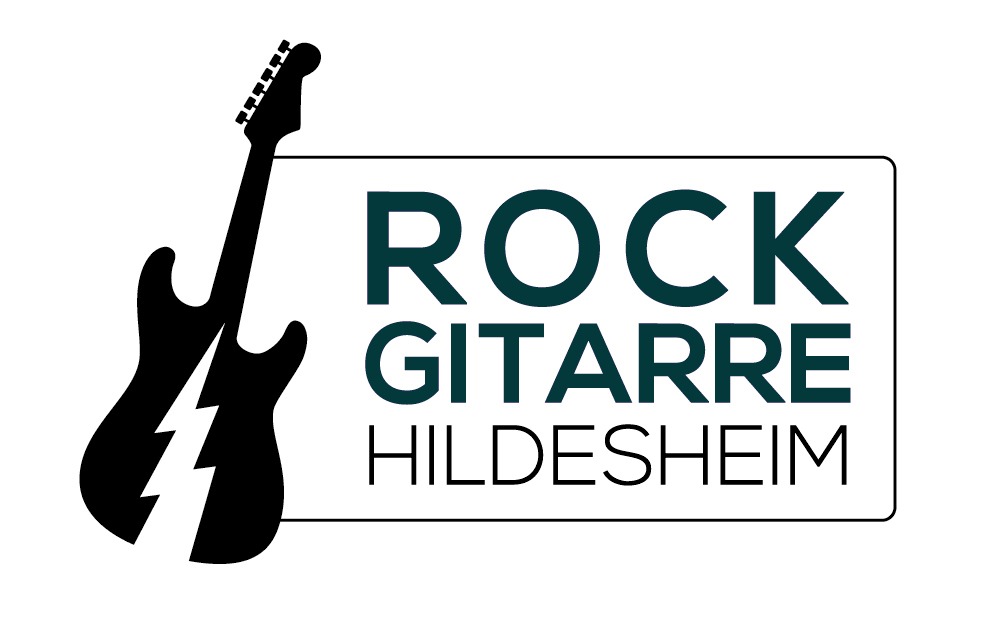Is It Too Late to Start Learning Guitar?
By Joshua LeBlanc
One of the most common questions I get from potential students is whether they’re too old to start learning guitar. Maybe you’re 35 and finally have some disposable income. Maybe you’re 50 and the kids have moved out. Or maybe you’re 65 and retirement has given you time to pursue that dream you’ve had since high school. The short answer is no – it’s never too late to start learning guitar. But let me explain why that answer is more nuanced than you might think.
Your Brain Is More Capable Than You Think
There’s this persistent myth that you need to start learning instruments as a child to ever get good at them. While it’s true that children have certain advantages when it comes to learning new skills, adults have plenty of advantages too. Here’s what adults actually bring to the table:
- Better focus and discipline – You can sit still for more than five minutes without getting distracted by a butterfly outside the window
- Life experience with learning – You’ve figured out how to learn other complex skills throughout your life
- Clear goals – You know what you want to play and why you want to play it
- Patience – You understand that good things take time
The real issue isn’t your age – it’s the expectations you set for yourself. A 10-year-old who takes six months to learn their first song isn’t comparing themselves to Jimi Hendrix. But somehow, when adults take six months to learn that same song, they think they’re failures.
What „Too Late“ Actually Means
When people ask if it’s too late to start learning guitar, what they’re really asking is: „Will I ever be good enough to justify the time and effort?“ The problem with this question is that it assumes there’s only one definition of „good enough.“
Let me break down some realistic timelines based on different goals:
- Playing campfire songs – 3-6 months of consistent practice
- Playing in a casual band – 1-2 years depending on the genre
- Becoming a professional musician – This depends on talent, dedication, and a bit of luck regardless of age
- Personal satisfaction and enjoyment – This can happen from day one
The key word here is „consistent.“ An adult who practices 30 minutes a day will progress faster than a teenager who picks up the guitar once a week. Your schedule and commitment matter more than your birth year.
The Advantages of Starting Later
Starting guitar as an adult actually comes with some serious perks that younger players don’t have:
Better hand coordination – Your fine motor skills are fully developed. You’re not fighting against a still-developing nervous system.
Musical appreciation – You’ve spent decades listening to music. You know what sounds good and what doesn’t. This gives you a massive advantage in developing your ear.
Financial resources – You can afford a decent guitar and amplifier right from the start. You don’t have to struggle with a garage sale guitar that fights you every step of the way.
Clear musical preferences – You know what style of music you want to play. A 40-year-old blues fan doesn’t waste time learning death metal songs they’ll never use.
Common Roadblocks (And How to Overcome Them)
The biggest challenges for adult learners aren’t physical – they’re mental. Here are the most common obstacles I see:
Perfectionism – Adults often expect to sound good immediately. Remember, even your guitar heroes sounded terrible when they started. Give yourself permission to suck for a while.
Comparing yourself to others – Stop watching 12-year-old YouTube prodigies. They’re not your competition. Your only competition is who you were yesterday.
Inconsistent practice – Life gets in the way. Work, family, responsibilities – I get it. But 15 minutes of daily practice beats three hours once a week. Make it a habit, not a heroic effort.
Physical discomfort – Your fingers will hurt at first. Your wrist might ache. This is normal and temporary. Your body will adapt faster than you think.
Setting Realistic Expectations
Here’s the truth about learning guitar at any age: you’re probably not going to become the next guitar god, and that’s perfectly fine. What you can become is someone who plays guitar well enough to have fun, impress friends at parties, or just enjoy some personal time making music.
I’ve taught students in their 60s who learned to play well enough to jam with friends. I’ve had students in their 40s who started bands with their teenage kids. The magic isn’t in becoming a virtuoso – it’s in the joy of making music.
The timeline for adult learners varies, but here’s what I typically see:
- Month 1-3: Basic chords and simple songs
- Month 4-6: Smooth chord transitions and strumming patterns
- Month 7-12: Barre chords and more complex songs
- Year 2+: Developing your own style and tackling advanced techniques
The Bottom Line
Age is just a number when it comes to learning guitar. Your 50-year-old fingers might not be as nimble as a teenager’s, but your 50-year-old brain is better at problem-solving, pattern recognition, and sticking with difficult tasks.
The question isn’t whether you’re too old to start – it’s whether you’re ready to commit to the process. Guitar is a skill that rewards consistency and patience, two things that tend to improve with age.
Stop making excuses and start making music. Your future self will thank you for starting today instead of waiting another year to ask the same question.
Joshua LeBlanc is a performer and guitar teacher who specializes in helping students of all ages discover the joy of playing guitar. Visit www.lafayetteschoolofguitar.com to learn more about guitar lessons in Lafayette, LA.
